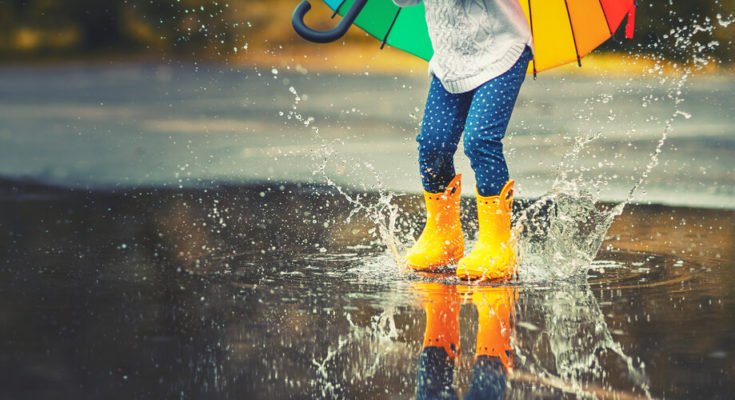By Nnamdi Ibeh
Every farmer prays for the rains to come. It is a promise of abundant crop and harvest. Others are happy that it drives away the heat, making the environment cooler and more conducive. But the rains also come with their fair share of challenges. Staying safe to enjoys nature’s showers should be everyone’s goal.
A recent official estimate says floods caused by rain killed 363 people, damaged power transmission lines and generation infrastructures, displaced about 2.1 million people, affected 30 states with an estimated damage and losses of about N2.6 trillion – all in one year.
The need to checkmate these hazards through precautionary and mitigation measures cannot be over-emphasized. Safety is the state of being free from any form of hazard that can lead to fatality and/or destruction of properties. It is everyone’s primary responsibility.
Road traffic incidents (RTI) usually spike during the rains leading to significant loss of lives and property. A look at Nigerian roads after a heavy downpour usually shows many broken down vehicles, others crashed and yet others in drainage’s and ditches. These incidents are caused by a variety of factors including bad headlamps and rear lights, bad wipers and non-functional air conditioners. Many families lose their loved ones in the process.
What to do? Everyone must be proactive and safety conscious, taking steps to put their vehicles in good shape before driving during this season. Drive carefully with your fog lamps on during downpours, brake slowly, ensure that your air conditioners and heaters are in good shape. This helps to defog the windscreens when the rain is heavy.
A lot of hazards also come with the season in the electricity supply chain. There was a reported case of a police officer who died by electrocution while attempting to cut overgrown trees under a power line. Sometimes, thunder and lightning discharge their enormous energies on power lines. With bad poles and sagged conductors literally everywhere, people seeking shelter under trees, buildings under power lines, or persons walking on flooded roads become exposed to electrocution risk during such natural occurrences.
Non-earthing of houses or non-installation of Earth Leakage Circuit Breakers (ELCB) in homes is rampant. Attempting electrical repairs without any requisite skills or knowledge is commonplace.
People must ensure that they take their safety in their own hands by doing the right things. Some people choose to bury electricity wires in order to avoid paying electricity bills. This practice is prone to enormous danger as flood water may be energized by the lines causing electrocution.
A well earthed house saves a lot of money as visits to home appliances’ technicians would be reduced. Unearthed houses are like time bombs as plugged home appliances may be damaged useless with just one strike of thunder and lightning.
Do not attempt any electrical repairs if you do not have the required skills and knowledge as lives maybe lost. Adults and children must not touch electrical appliances with wet hands as they may receive electric shocks.
Distribution Companies’ (DISCO) officials should be informed whenever there is a cut electric wire lying on the ground. This must be done fast, and the place cordoned off before the arrival of the disco officials. This is to prevent unwary passers-by from stepping on energized lines.
Those living in flood-prone, low-lying areas should listen to weather forecasts and follow instructions from government agencies like the National Emergency Management Agency (NEMA). This can save lives and prevent much anguish.
Having functional torch lights and throw ropes at home can be quite useful in times of emergency. Opening up blocked neighborhood waterways can make a lot of difference as well. Don’t leave it to government.
Food poisoning is also rampant during rainy seasons. This is caused by the humid atmosphere which makes bacteria and viruses to thrive. Fruits and vegetables should be washed well before eating. Food must be cooked properly as pathogens can be transferred from food if persons preparing them do not follow basic personal hygiene habits. Food bought outside should be warmed before eating.
Mosquitoes breed well during this season, which explains why many more people come down with Malaria during the rains. So, all stagnant waters I your surroundings should be drained. Fumigation, use of insecticide-treated nets are well fitting our windows and doors with nets go a long way in keeping our tiny enemies away.
I wish us well this season.
Engr. Nnamdi Ibeh (MNSE, MNIEEE) belongs to the Class of ’96
![]()






